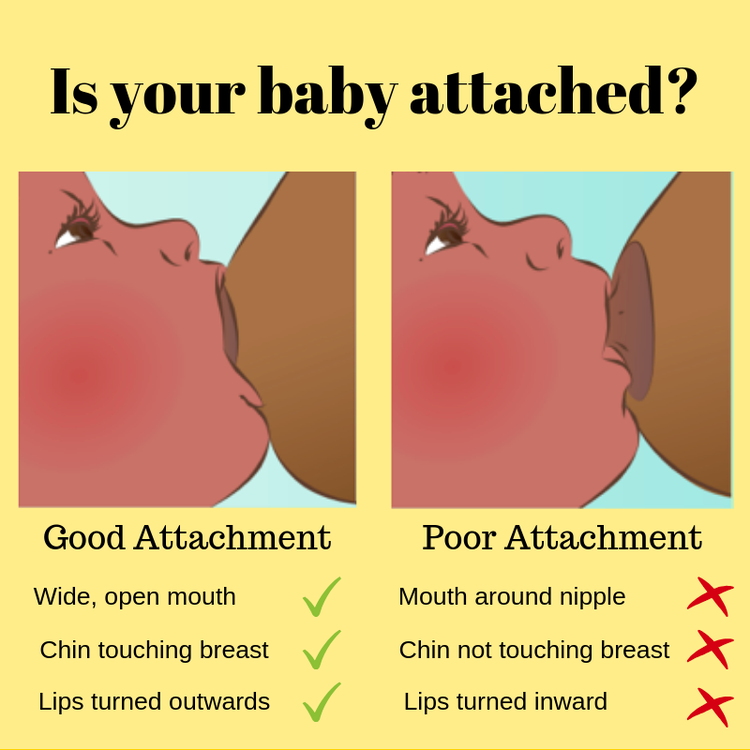BREAST FEEDING-A Mother’s gift for every child
- Ocen Chris

- Nov 7, 2024
- 2 min read
Breastfeeding is one of the most effective ways to ensure child health and survival. However, according to statistics by WHO, half of infants under 6 months old are exclusively breastfed.

Breast feeding means feeding an infant breast on milk directly from the breast rather than from a bottle.
Infant means a child under the age of one year.
Exclusive breastfeeding means no other food or drink other than breast milk is given to an infant for the first 6 months of life with the exception of rehydration solution (ORS), drops and syrups (vitamins, minerals and medicines).
Ideally, it’s recommended that infants should be put to breast feed within one hour of birth, breastfed exclusively for the first 6 months of life and continued to be breastfed up to 2 years of age.
Starting at 6 months, breastfeeding should be combined with safe, age-appropriate feeding of nutritious solid, semi-solid and soft foods and infants should be breastfed on demand – that is as often as the child wants, day and night.
Breast feeding provides numerous benefits for the baby and the mother in that;
Breast milk is the ideal food for infants, it is safe and clean.
Breast milk contains antibodies which help protect against many common childhood illnesses.
Breast milk provides all the energy and nutrients that the infant needs for the first months of life.
Breastfeeding promotes healthy growth and boosts early child development.
Breastfeeding supports healthy brain development.
Breast feeding is not just good for babies; it is good for mothers as well.
Breastfeeding protects against post-partum hemorrhage, postpartum depression, ovarian and breast cancer.
Breastfeeding reduces the risk of breast and ovarian cancers.
Breastfeeding delays the return of a woman’s fertility.
Breast feeding develops bonding between the mother and the baby and promotes baby’s brain growth.
Breastfeeding may help in reducing the risk of becoming overweight or obese and developing non communicable diseases, such as diabetes, cardiovascular disease later in life.
Note: Effective attachment is the key to successful breastfeeding as it enables the baby to get enough milk and helps to protect mother's milk supply.

If an infant is not well attached, it may result in;
Pain,
Damage to the mother's nipples
Engorgement (swelling) of the breast.
Frequent feeding since the infant may be unsatisfied.
In case you experience the above signs and symptoms of poor breast attachment, please don’t hesitate to seek medical attention.
Written by: Ms. Aluka Mary
Registered Midwife









Comments